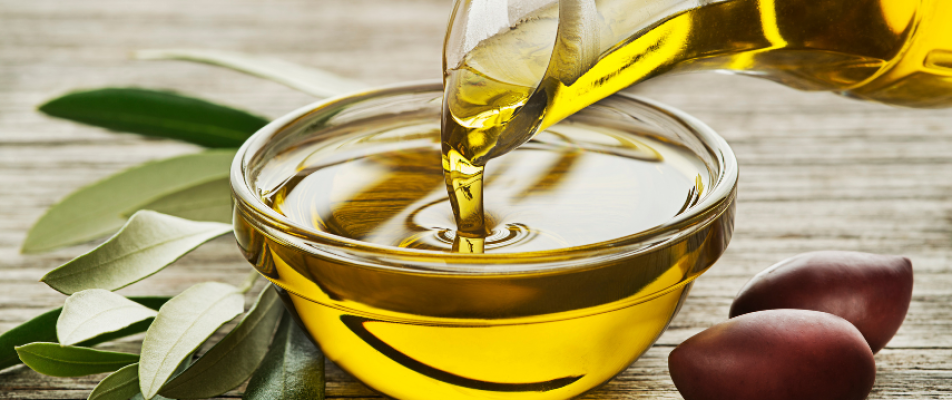
What Makes Olive Oil So Good?
An ode to the anti-inflammatory darling of the Mediterranean diet.
Greece gave me a whole new appreciation for olive oil. Their version seems lighter and fruitier than other countries. It was so tasty, and I found myself wondering about WHY it was so good for you from disease prevention to longevity, WHAT new info has been researched, and if there’s anything MORE that I should know about olive oil compared to other oils.
Disease Prevention
There is strong scientific evidence (and has been for a long time now) of the benefits of olive oil for the prevention of heart disease, stroke, cancer, high blood pressure, diabetes, loss of cognitive function, and obesity. Research suggests significant anti-inflammatory effects. Olive oil is also a blood sugar balancer (with less intense spikes), constipation alleviator, and is indeed protective to the joints by preventing damage to cartilage and providing cushioning to joints allowing one to delay the progression of osteoporosis.
Olive Oil’s Superpowers
- 1 tsp contains 119 calories
- Olive oil’s primarily composition is monounsaturated fatty acids (73% of total calories, mostly oleic)
- Oleic acid, which is an omega-9 fatty acid, is hugely protective for many essential body functions – this is largely why olive oil is so good for you
- Olive oil has powerful antioxidants: oleocanthal, oleuropein and hydroxytryosol, which fight cell oxidation and free radicals that are harmful and inflammatory.
- Oleocanthal’s anti-inflammatory effects have been positively compared to ibuprofen
- Olive oil is a significant source of Vitamins E + K
Collectively, olive oil has synergistic power and is a big contributor to the power of the Mediterranean diet.
Tips for Buying Olive Oil
The three main grades of olive oil include:
- Refined olive oil
- Virgin olive oil
- Extra virgin olive oil
Extra virgin olive oil is the least processed olive oil and is preferred. Normally the oil is extracted using a cold pressed natural method, which helps retain the vitamins and antioxidants. It does contain a range of olive taste and smell. Virgin olive oil is the second press and is less flavorful/more neutral in flavor. Sometimes I use this if I need neutral-flavored oil, but primarily I use extra virgin.
How to Cook with Olive Oil
There is confusion on whether it is OK to cook with heat with olive oil because of the oil’s smoke point. The smoke point is the temperature at which oil starts emitting a bluish smoke. If oil is heated past the smoke point, oil begins to break down, react with the oxygen, and free radicals are produced ruining the flavor, but it is also producing harmful inflammatory pro-oxidants (not good).
According to the North American Olive Oil Association, the extra virgin olive oil smoke point range is 350° to 410°F. 350 degrees is about what your medium burner heat is on. So, it’s OK to heat olive oil using a medium burner with medium heat. Please do not high heat olive oil. NO big stir-fries, YES to a quick sauté.
Again, it is OK to heat olive oil on medium, low-medium and low heat for sautéing your food. DO NOT use olive oil on high heat. In the oven, I would not exceed 350 degrees using olive oil. If you would like to use higher heat, I would choose avocado oil, which has a smoke point of 520 degrees. If you like the flavor of olive oil, drizzle a bit over your food after you take it off the heat.
My Favorite Salad Dressing
Our favorite way to use olive oil is for a quick salad dressing. Here’s my tried-and-true formula: A 1:1 ratio of extra virgin olive oil and balsamic vinegar + ½ tsp Dijon mustard and salt and pepper to taste. Whisk together and enjoy.
I hope this helps you understand olive oil and what makes it the darling of the Mediterranean diet!
For more info on feeling your best through smarter food choices, contact our holistic nutritionists. It’s a personal puzzle, but we can assist in figuring out what’s best for your body.
Book a free 20-minute consultation with Healthy Nest Nutrition owner Robin Hutchinson to see if our programs are right for you.
